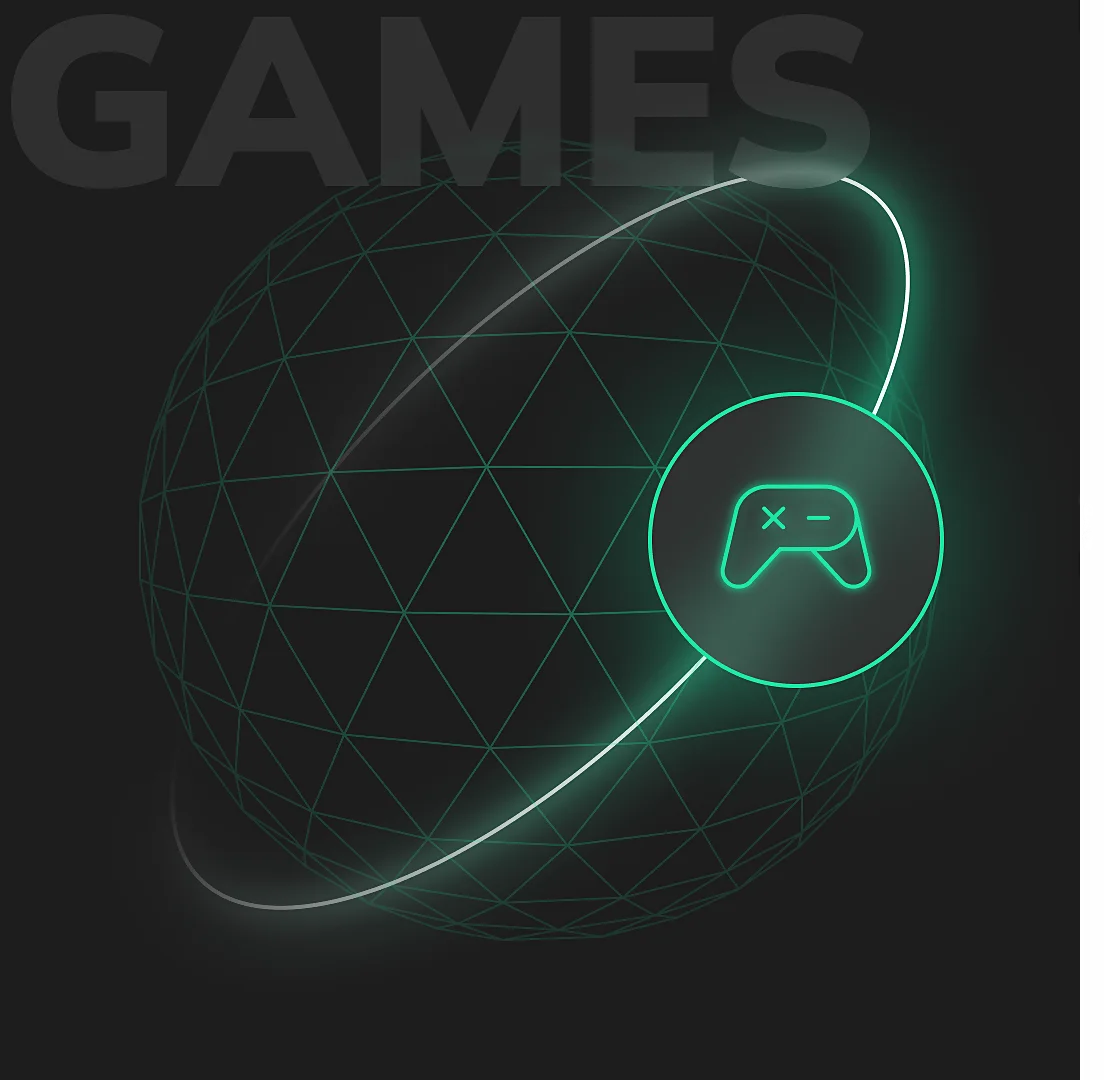Games
Development of games for mobile applications

Completed projects
View All Projects
Game "Find the words"
Development of mobile games using simple and complex gamification tools
More details
Crypto trading application
P2P platforms for selling and exchanging cryptocurrency between users
More detailsGame development options
For android
Creation of gaming applications that can be installed and used on devices running the Android operating system. This process includes many stages, from the idea of a game to its implementation and testing. We also provide game optimization services and help publish games on the Google Play Store.
For iOS
Includes creating a game concept, developing design and graphics, programming, testing and publishing the game in the App Store. Our company has extensive experience in this area and is ready to offer its services in developing high-quality and exciting games for Apple devices.
Browser
Games that use a browser interface and usually do not require installation of additional applications on the computer other than the browser itself and sometimes a plugin for it.
Desktop
We offer a full cycle of game development, from idea to release. Our own team of game designers, developers, testers, artists, modelers and composers.
Don't know where to start?
Tell us about the goals, timing and budget of your project and we will make you an individual offer.
After all, each of our projects is unique!
We undertake that commercial information obtained during the preparation and implementation of the project is confidential and is not subject to disclosure or transfer to third parties.
Our approach
Collection of business requirements, analysis, UX research
We conduct a pre-project survey and determine the goals and objectives of the project, system limitations, perform a competitive analysis, and identify hypotheses for optimization during user interaction with the product.

Information Architecture and Prototyping
We plan the navigation and structure of the future project based on the identified scenarios, and build the application structure from logical blocks without design. A prototype allows you to concentrate on the structure and content of the product without being distracted by the design.

UX/UI design
At this stage, a design concept and a new visual image of the product are being developed. After approval, the design of all pages and their adaptive states for the required device types are drawn.

Layout and programming
Development teams under the management of a team lead work on projects. We solve complex technical problems: high-load management systems and portals, integration with customer back systems.

Testing and Debugging
Debugging, We check all projects using bug lists and test them. Integration of end-to-end analytics.

Launch and subsequent support
We not only launch the project, but also conduct a detailed audit of the architecture (both from the code side and from the server side) for compliance of the implemented solutions with the selected CMF (Content Management Framework), security, fault tolerance and performance.

What We Offer




What We Offer




We will answer any questions
If it is more convenient for you to communicate via messenger, leave a contact number in the text of the letter and indicate your preferred method of communication.
AtlantSoftware
Andrew Shapovalov